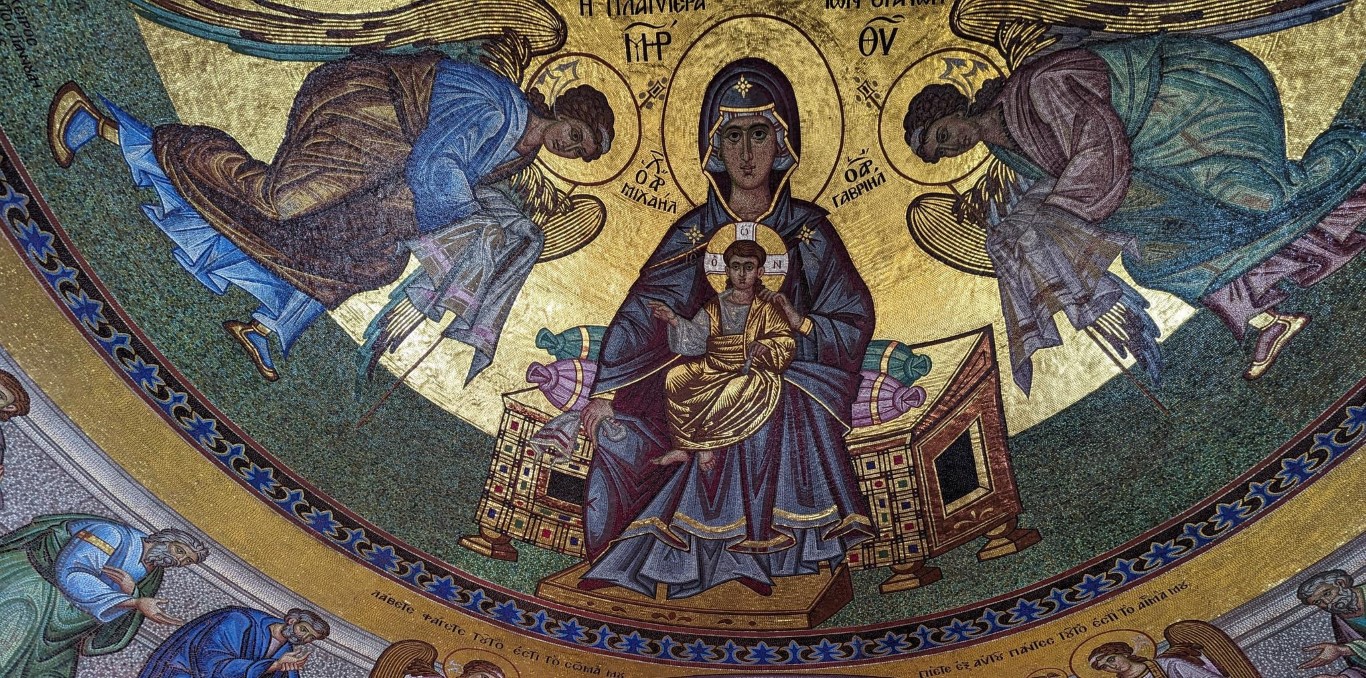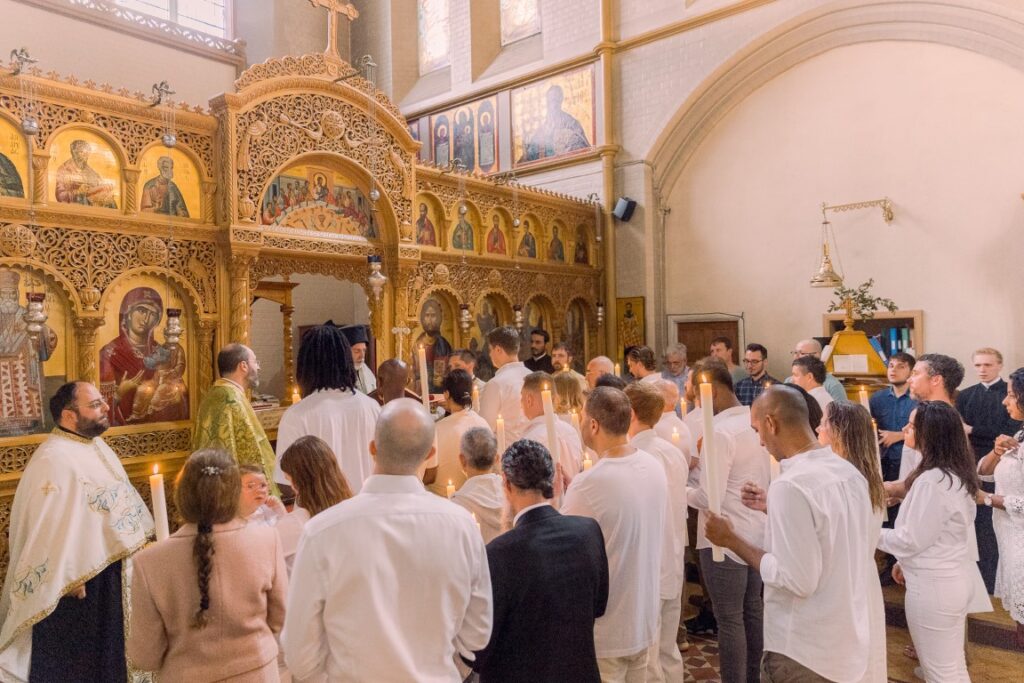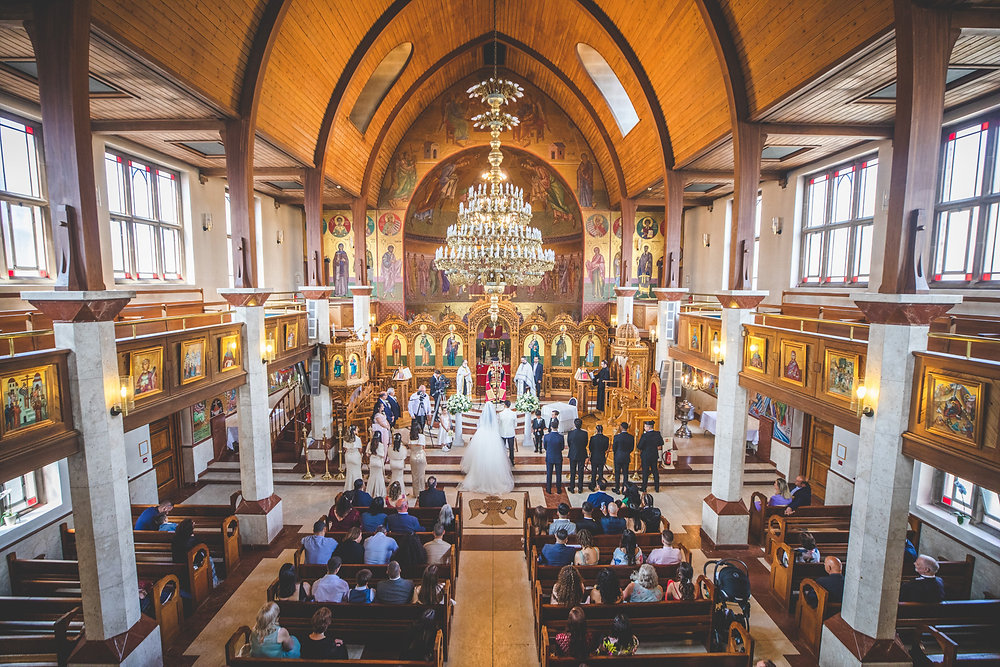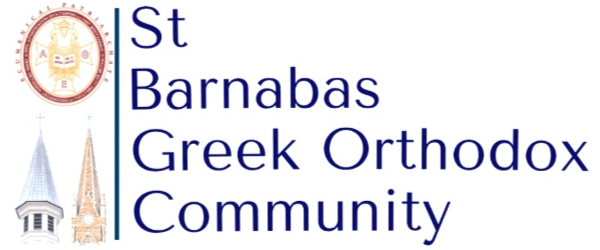
Commemorating our Departed: Memorials in the Orthodox Tradition
I await the Resurrection of the dead and the life of the age to come.
Nicene-Constantinopolitan Creed, the Proclamation of Faith
Memorials are the prayers we offer to God, the Giver of Life and ‘Lord of both the living and the dead,’ for those who have passed away before us into eternal life.
The Orthodox Church grants us many opportunities to pray in this way, in particular during the two Saturdays of Souls (Ψυχοσάββατα) as well as Saturday and Sunday mornings, following the Divine Liturgy.
It should be noted that there are Great Feasts and certain occasions of the ecclesiastical year where we strictly do not lead memorial services due to the celebratory and joyous nature of the feasts, even if they fall on a Sunday.
These are as follows:
- Paschal Period: From Palm Sunday up to and including Sunday of Thomas.
- Ascension
- Pentecost
- Transfiguration (6th August)
- Dormition of the Theotokos (15th August)
- The Nativity of the Theotokos (8th September)
- Elevation of the Holy Cross (14th September)
- The Entrance into the Temple of the Theotokos (21st November)
- From Christmas up to and including Theophany.
- Presentation of the Lord in the Temple (2nd February)
- First and Third Sundays of Lent (Sunday of Orthodoxy and Veneration of the Holy Cross)
- Annunciation of the Mother of God (25th March)
- When our loved ones have passed into eternal repose it is customary for us Orthodox Christians to offer prayers in the church on the 3rd, 9th and 40th days following their falling asleep. Following that it is appropriate for us to offer memorial services on both the 3rd and 9th month then annually.
Baptisms
For as many of you as were baptised into Christ have put on Christ.
Gal 3:27
Godparents must be Orthodox Christian. The role of the Godparent is for the spiritual upbringing of the child into the Orthodox Christian faith, with their example and support.
Adult Baptisms
And Peter said to them, “Repent, and be baptized every one of you in the name of Jesus Christ for the forgiveness of your sins; and you shall receive the gift of the Holy Spirit.
Acts 2:28
Those who desire and are enquiring to be Baptised in the Orthodox Church are required to embark on a series of catechetical lessons. This course will take six months to a year depending on the circumstances and dispensation of the person.

Weddings in our Community

Husbands, love your wives, just as Christ loved the church and gave himself up for her
Eph 5:25
The Sacrament of Marriage is a joyous occasion not only for the families of the wedded couple but for the whole community. The clergy and office staff will be able to guide you leading up to and on your Wedding Day.
Both the Cathedral of St Mary’s and the church of St Barnabas are recognised and approved by the law to carry out civil marriages. In order to marry within the Orthodox Christian Church the following prerequisites should be kindly observed:
- Firstly please do come for an initial meeting at our offices to discuss the appropriate date. Do have a few dates in mind to avoid disappointment.
- Please also note that just as with Baptisms you should ensure that your best man and maid of honour (sponsors) are Orthodox Christian.
- If you are planning to hold the civil wedding at our parish then please do give notice of your intent to marry at your local council at least six months prior to the sacrament. The Council’s internal process takes approximately one month to complete.
- In the meantime those who are Orthodox and are preparing for marriage are kindly required to visit the parish of their Baptism in order to obtain a ‘Freedom Certificate’ (Πιστοποιητικό Ελευθερογαμίας)
- The Orthodox Church our of love and divine economy for its flock permits the marriage of non Orthodox Christians to their Orthodox Christian spouse provided that they are a Christian having been baptised in the name of the Father, Son and Holy Spirit and are able to provide their relevant Baptismal certificate.
- Once you have obtained these please arrange for a meeting with the clergy and relevant office staff who will guide you regarding your following steps.
What if my future spouse is not baptised?
As mentioned above, the Orthodox Church – in its divine economy and pastoral care for its flock – will conduct the sacrament of marriage for those couples consisting of one non-Orthodox spouse, in the manner we mentioned above.
For those whose future spouse does not fit into the above criteria, ie those who are non-Christian or those who come from a Christian tradition which does not practice Baptism, we will require the non-Orthodox to undergo a period of Catechism (for at least six months) culminating on the day of their Baptism, offering a new beginning in Christ.
From the beginning, God in His providence planned the union of man and woman. There is no relationship between human beings as close as that of husband and wife if they are united…
St John Chrysostom, 349-407 AD
